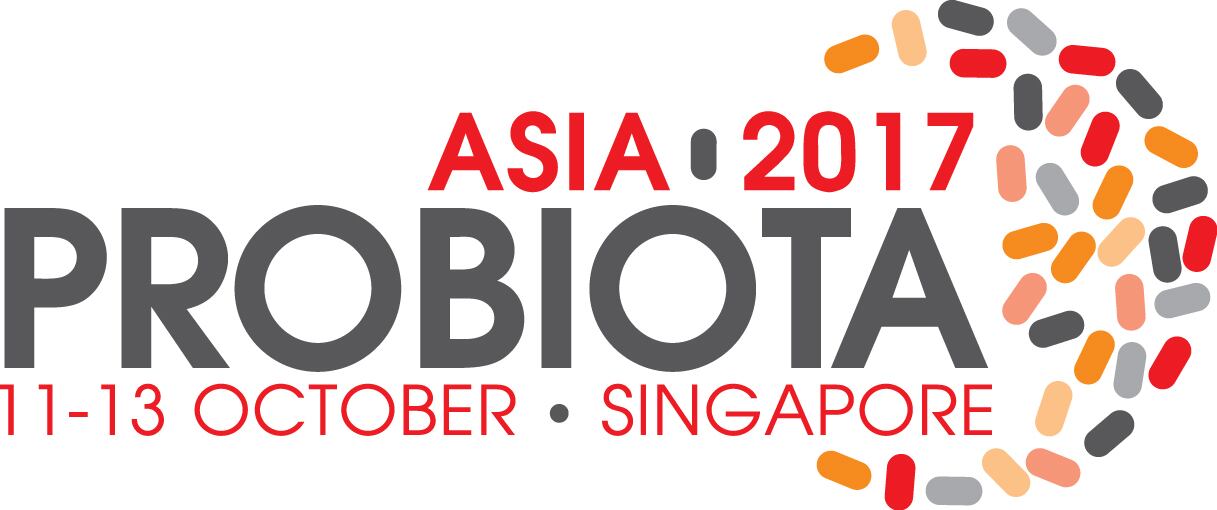These were the findings of a study carried out at the University of New South Wales in Australia where researchers tested a combination of probiotics on rats fed a high-fat or healthy diet.
The composite probiotic mixture contained three strains of bifidobacteria, four strains of lactobacilli and one strain of Streptococcus salivarius subspecies thermophilus
In obese rats with “grossly dysregulated” gut health, due to being fed junk food, probiotics positively changed the bacterial make-up in their digestive tract and benefitted brain function, preventing spatial memory loss.
But for rats on a healthy diet, the probiotics had little impact on microbial diversity and actually impaired recognition memory. The team’s results were published in the journal Molecular Psychiatry.
The researchers stated western-style diets high in saturated fat and sugar have been consistently shown to have detrimental effects on the brain and cognitive function, and can “rapidly alter the composition and metabolic activity” of microbes in the gut.
Furthermore, they pointed to an emerging body of literature that suggests gut bacteria can impact brain function. Studies of germ-free rodents and other animals on gut-disrupting antibiotics showed that changing microbial communities can impair memory and cause anxiety-like behaviours, they said.
Behavioural changes
They suspected that by increasing microbial diversity in the gut, probiotics could combat behavioural changes and prevent memory impairment linked to poor diet.
The researchers pre-exposed groups of rats to either a low or high dose of the probiotic medicine for two weeks before their diet was changed from healthy “chow” to cafeteria-style food (including cookies, cakes and meat pies). This diet change lasted for 25 days.
Six groups of rats were studied according to the diet/probiotic dose: Chow-control, chow-low dose, chow-high dose; cafeteria-control, cafeteria-low dose, cafeteria-high dose. Afterwards the researchers examined the rats’ faeces and dissected their brains.
In addition to being fatter, the cafeteria diet “dramatically altered the microbiota” resulting in rats with much less microbial diversity in their gut.
But these rats also saw the greatest health benefits from the probiotics. They increased the abundance of certain bacteria-types contained in the probiotic such as Streptococcus and Lactobacillus and other bacteria-types such as Butyrivibrio, which were decreased by the cafeteria diet. Furthermore, memory impairment was prevented.
They also experienced enhanced memory and cognitive function, while it decreased in the rats given a healthy diet and probiotics.
“We were surprised to find that, in the rats we were feeding a healthy diet, the probiotics actually resulted in some memory impairment with regards to object recognition,” said Professor Morris.
The paper concluded: “Our data suggests that probiotics can promote better outcomes for some types of memory and associated brain mechanisms when the microbiota is grossly dysregulated. This dysregulation could be caused by diet, as in the current study, or by a range of other factors including the ageing process.
“Probiotics may however be detrimental to healthy subjects as evidenced by the object memory deficits and another study in humans. These results support a customised approach to develop probiotics which may be more effective at restructuring the gut microbiota towards a healthy profile”
Source: Molecular Psychiatry
Received ahead of print
“Cafeteria diet and probiotic therapy: Cross-talk among memory, neuroplasticity, serotonin receptors, and gut microbiota in the rat.”
Authors: Margaret J. Morris, et al.

The Probiota series is growing, and in October 2017, Singapore will host the first ever Probiota Asia event. Building on the success of the annual global Probiota and Probiota Americas events, Probiota Asia will focus exclusively on this high growth market and the challenges it faces.
Save the date: 11-13 October 2017

